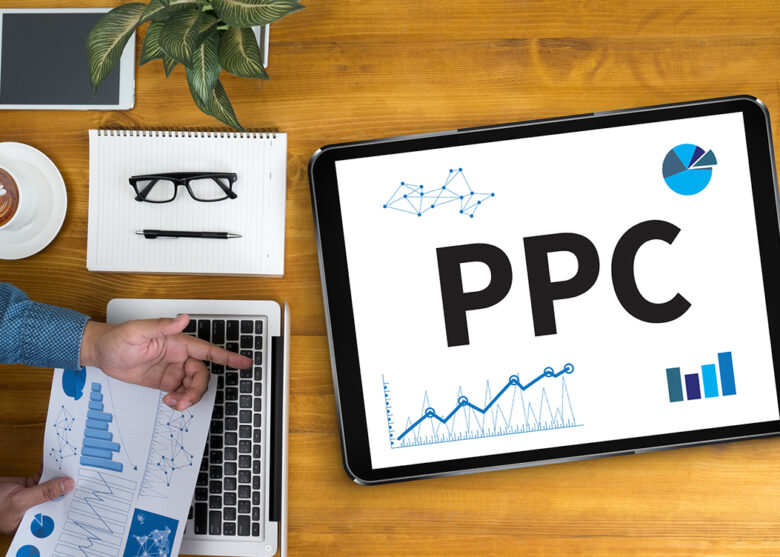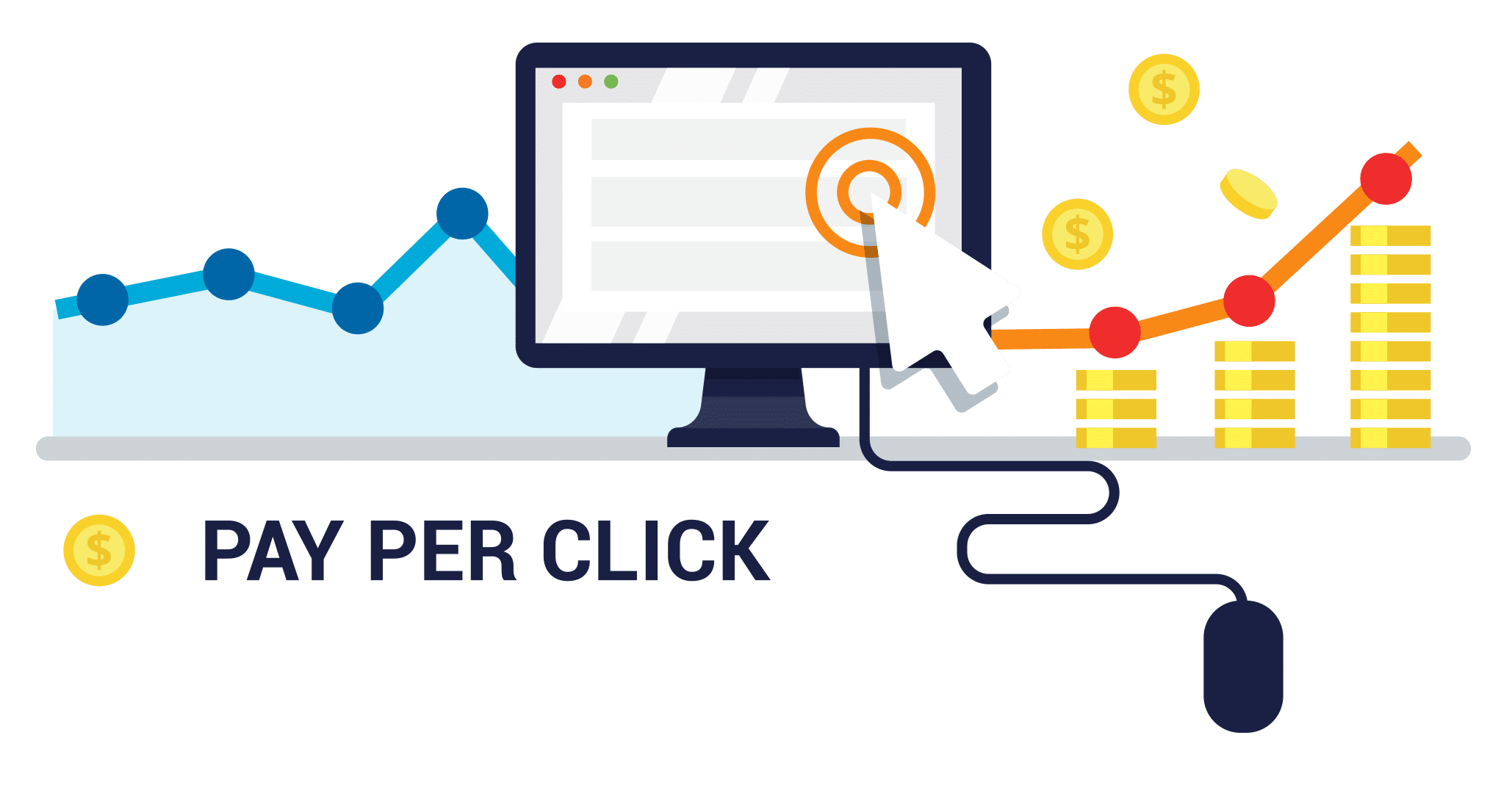Creating a digital marketing strategy that gets results can be challenging. There are so many different techniques to consider. How do you know which to focus on?
One digital marketing strategy that’s often overlooked is PPC management. But what is it, and how do you manage PPC campaigns to get effective results?
In the following article we will explain how to properly execute a PPC campaign using a structured set of stages.
What Is PPC management?

PPC stands for pay-per-click, and it covers any digital marketing campaign that charges businesses for each ‘click’ the advertisement generates. The most common type of PPC campaign and the one we’ll focus on throughout this blog post is the paid search ad.
Google PPC management is the perfect way to complement an ongoing SEO strategy, especially when you’re just getting started.
These PPC campaigns enable you to get your website seen in the search results, even when you do not yet appear organically within the first few pages of the rankings.
But even if you are ranking for your chosen key terms, there are many distinct advantages to running PPC campaigns simultaneously to maximise your ROI from Google and other search engines.
For example, if you’re selling products, you can run a PPC display campaign using photos, pricing, and a direct link to the product page at the top of the results and on the “shopping” tab, which consumers increasingly use to view products across many websites simultaneously.
What does a PPC management company do?
Anyone can set up PPC campaigns with Google, but they may not always get the best results. This is because Google PPC management is an art as much as it is a science — the more you know about the platform and how it works, the better the results.
A specialist PPC management company takes care of the entire process for you. They will develop the overall strategy to guide your approach, design the campaigns, implement them, and analyse them.
Their expertise isn’t limited to the technical side of PPC but also the consumer psychology that drives results. There’s more to advertising than algorithms, budgets, and target markets. It’s also crucial to consider who you are marketing to, how they think, and what they’re looking for.
Any PPC management company should understand consumer psychology and how it relates to PPC. They understand how to capture attention, get consumers to click and — most importantly — encourage them to purchase the product once they land on your website.
These are all vital components of PPC management that result in more sales and a bigger ROI for your company.
What are the steps to manage an effective PPC campaign?

Now that we’ve covered what PPC is and what effective PPC management looks like, you might be wondering how to manage an effective PPC campaign. Here are the most important steps in the process:
1. Develop the PPC strategy
The first step is to think about the overall PPC strategy and how it fits in your wider digital marketing strategy.
For example, you may already have SEO or content marketing campaigns in progress, and it’s useful to situate where your PPC management will fit alongside these campaigns. Digital marketing techniques do not work in isolation, so it’s important to consider how your PPC management will complement or add to your existing strategy.
This strategy should outline the goals of your PPC campaign. What do you want to achieve? Do you want to sell products directly, or is your goal to generate leads in the form of email sign-ups?
It should also consider your target audience — this is essential information that your PPC management team will use to design and implement the campaigns later in the process.
You should also consider your budget or how much you’re willing to invest in PPC, which can influence your PPC manager’s direction to ensure maximum ROI.
2. Keyword research

Once you have an overall strategy and budget, it’s time to start the keyword research. It’s crucial to perform this step fully, even if you already have a set of keywords you’re targeting as part of your SEO efforts. This relates closely to your goals. For example, if your goal is to drive more product sales from Google, you need to target people ready to buy.
This shapes the types of keywords you use, focusing on the terms people search for when they intend to buy your products or services.
In contrast, if you want to generate leads, you should focus your keyword research on your wider content — consider which will result in the highest volume of traffic and conversion rates.
3. Designing the PPC campaigns
Once you have the keywords, your PPC manager will design the PPC campaigns. This includes creating any images to support the campaign, advertising copy, and the precise terms that you will use to target your desired audience.
Often, PPC managers will design several campaigns and test them before increasing the budget and rolling out the most effective.
4. Implementing the PPC strategy

This step is perhaps the most straightforward. Once your Google PPC management team has all the data and materials they need, they will set up and launch your campaigns with Google. Your PPC campaigns are now live!
5. Analysing the results
This step is probably the most important. It involves analysing results to determine whether they generate a good ROI and deliver the goals set out in the original strategy.
It’s important to note this is an iterative process, and the campaigns should continually be analysed, refined, and tested to ensure they’re getting the maximum results.
Digital marketing is constantly evolving, and your campaigns should evolve with it.
Conclusion
PPC is one of the most effective digital channels when it comes to results and client acquisition. But, for a campaign to be effective, it’s vital to follow a systematic approach. That’s why most businesses rely on PPC management agencies and freelancers to execute them. For PPC services, you can check out topflight Agency’s website.
Have you ever used PPC management in your own business? How did it go? Let us know in the comments section!

